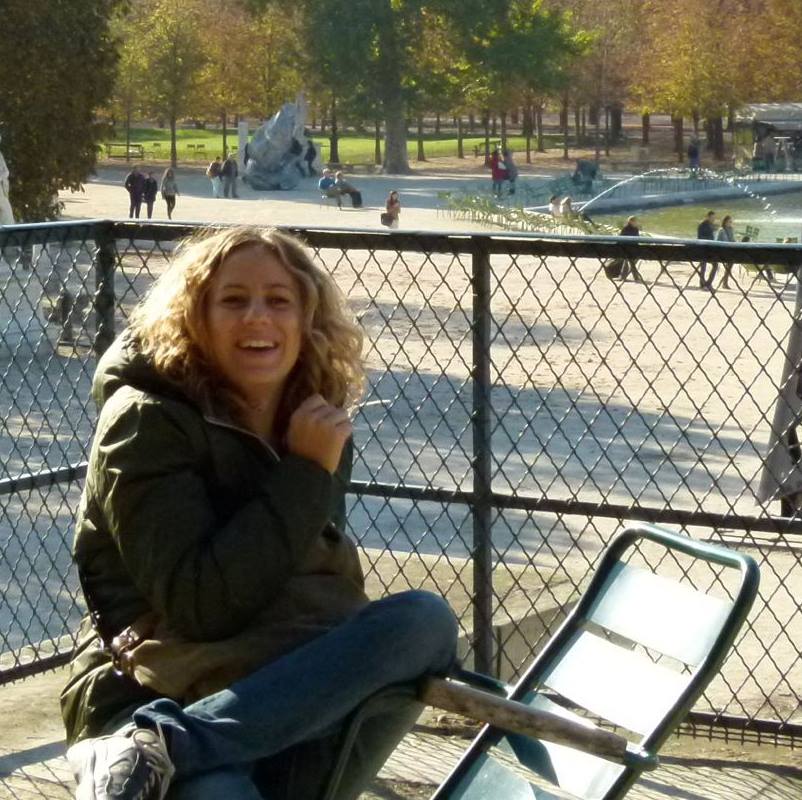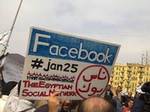 Billur Aslan, PhD candidate at the NPCU, offers her diagnosis of efforts by the Turkish government to control media and, in effect, 'structure' the Internet for users in Turkey:
Billur Aslan, PhD candidate at the NPCU, offers her diagnosis of efforts by the Turkish government to control media and, in effect, 'structure' the Internet for users in Turkey:
Various analyses have quickly developed since Turkey’s recent social media bans, viewing it as an attack on free-flow information but there were actually deeper reasons behind the online acts of the government. Considering these, I argue that it is an indication of efforts made by the Turkish government to structure the non-hierarchical order of the Internet by incorporating its own rules and standards.
The censorship attempts of the Turkish government started with Twitter. Overnight on the 20th of March, all social media accounts that I signed into, such as Twitter, Facebook and Instagram, were all swarmed with the single message “#twitterisbannedinTurkey and the storm of outrage raised by the Turkish Twitter users immediately got the attention of international society. This was the first time since the Gezi Parkı protests that Turkey has extensively occupied the international agenda. In reality, Turkey has been plagued by many political events over the past months. The audio recordings that asserted to implicate Turkey's prime minister in corruption have proliferated in social media since February. Moreover, the recent death of young Gezi victim Belkin Elvan enraged thousands of people in Turkey giving rise to new protests. Yet, none of these developments could manage to ruin the international reputation of the Prime Minister in the way the Twitter ban has. Read on...








